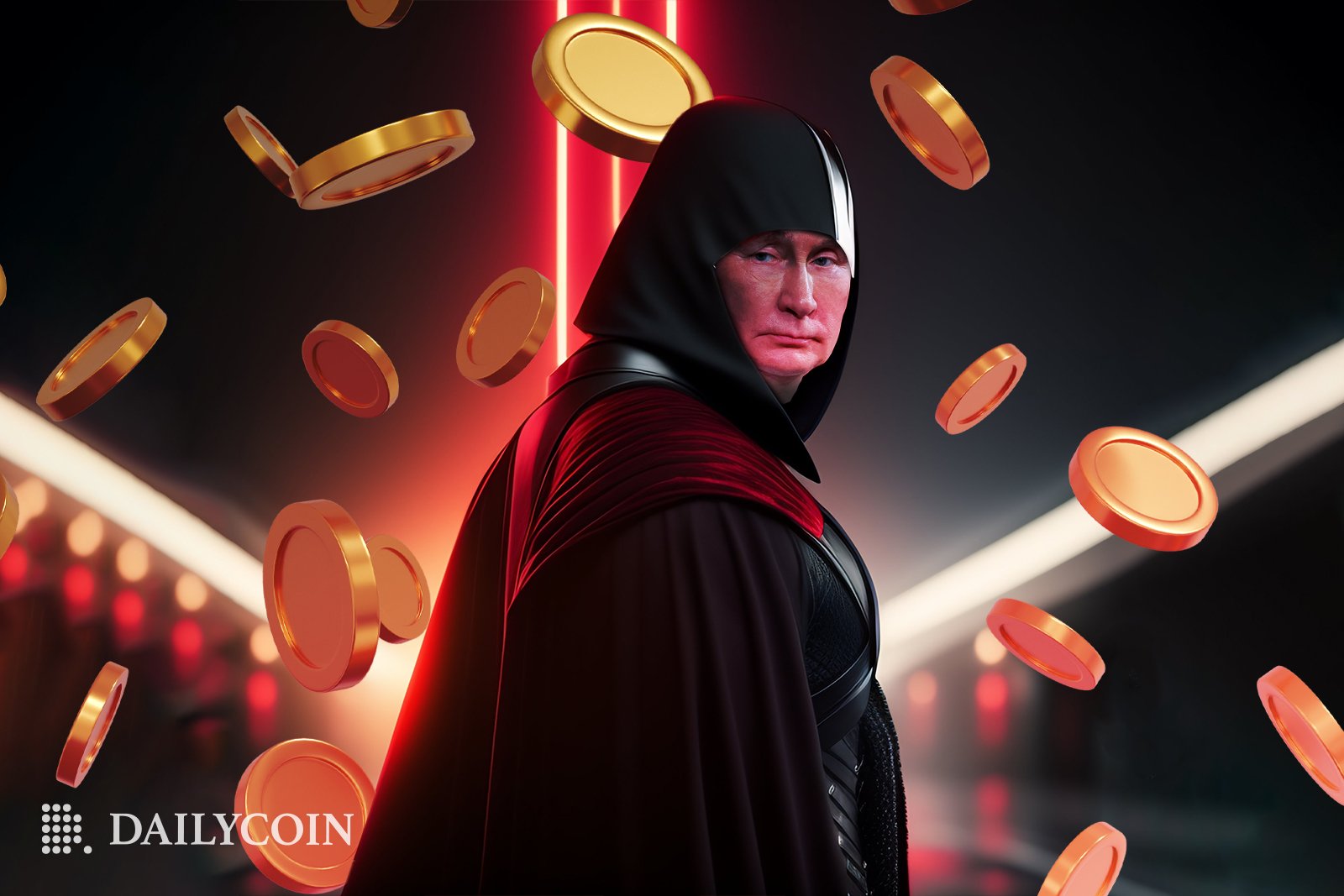
- Russia is exploring the viability of using cryptocurrencies in international transactions as it explores avenues to evade sanctions.
- The country is already working on a draft law to allow crypto use in cross-border settlements.
- The government will create new institutions to mine cryptocurrencies and oversee their use in international trade.
Vladimir Putin’s Russia stunned the world by invading Ukraine in February last year. In response, the European Union (EU) and North Atlantic Treaty Organization (NATO) countries moved to discourage Putin’s efforts by attacking Russia’s energy-rich economy with sanctions designed to cut it off from international trade.
Ever since the sanctions were imposed, the country has been exploring avenues to circumvent these sanctions, including through the use of blockchain technology and crypto.
Russia Prepares Draft Law to Adopt Crypto for International Settlements
Governor of the Bank of Russia Elvira Nabiullina has said that the country is preparing a draft law to allow for the use of cryptocurrencies in international trade settlements, according to a report by a local news outlet on Tuesday, April 18.
The government plans to create new institutions to mine cryptocurrencies and oversee their use in transactions with foreign entities. Consultation on creating these institutions has already started between the government and the central bank.
Sponsored
Western nations have long feared that Russia would use crypto to evade sanctions and previously pressured crypto exchanges to sanction Russian addresses.
Russia’s Crypto Push
The first hint of Russia’s intentions came as early as March 2022 when energy committee chair Pavel Navalny stated that the country would be willing to settle oil and gas trades with “friendly countries” in Bitcoin.
Sponsored
By June last year, Russian state-owned defense conglomerate Rostec Group claimed that it had developed a blockchain platform that could replace SWIFT, the traditionally preferred network for cross-border transactions.
In September of the same year, reports surfaced that the Bank of Russia could legalize the use of crypto for cross-border settlements. The recent statement by the bank’s Governor, Elvira Nabiullina, indicates that work on this is already underway.
Per a December 19 2022, TASS report, the Bank of Russia will conduct tests within a regulatory sandbox before following through on the plan.
On the Flipside
- The Russian government has not specified which cryptocurrencies would be used.
- The government remains opposed to the use of cryptocurrencies within its borders, though Russia is now the second-largest miner of Bitcoin.
- Russia is already settling foreign transactions using the ruble and yuan and recently revealed plans to launch an international currency with Brazil, India, China, and South Africa.
- Experts have previously said that the crypto market is too small for Russia to settle its foreign transactions.
Why You Should Care
If Russia’s cryptocurrency adoption for cross-border settlements proves successful, more countries seeking to move away from the U.S. dollar as a reserve currency could pivot to crypto.
Learn more about the role of crypto in the Ukraine-Russia conflict here:
Crypto in Conflict: How Crypto Fuels the Ukraine-Russia War
Interested in the SEC’s latest crypto enforcement action? Check this out:
Why the SEC Case Against Bittrex Is Unique in a Sea of Crypto Lawsuits

